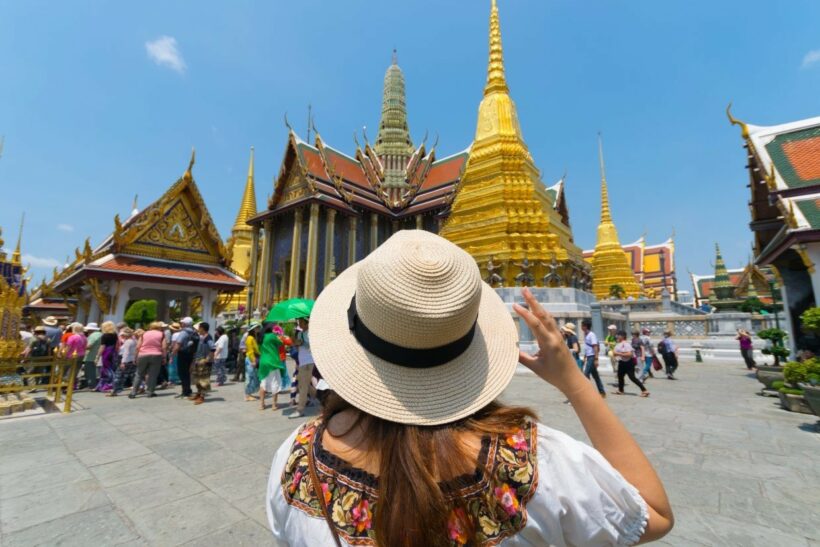Chinese tourists love going local and doing their own bookings – Hotels.com

PHOTO: Jing Daily
How much have Chinese millennials (that’s the people born after 1990) increased their spending in the last year?
80%!
Research by accommodation booking portal, Hotels.com, reveals that younger Chinese spenders are pushing the boundaries of international travel, increasing their expenditure over the past year by a staggering 80%. Part of the increased expenditure goes to fund social media-influenced trips full of edgy experiences, high-tech accommodation, exotic delicacies and taboo ticket-items.
Keen to seek out ‘authentic experiences’, Chinese travellers are spending big and love going local – tasting exotic local delicacies (69%), scouring the streets for authentic local items (43%) and shopping for luxury items (38%). Other key research indicates that the myth of Chinese tourists spending less than other nationalities is completely wrong.
62% of Chinese millennial travellers are now being attracted away from Asian destinations and seeking far-flung parts of the world for their thrills.
Long-haul destinations are this year’s trend for Chinese travellers. While Asia continues to be a popular destination, with 49% planning to travel to Asian destinations during the next 12 months, longer journeys to Europe, Africa and the Middle East are at the top of the shopping list for next year’s Chinese travellers.
But the good news is that Thailand is still a firm favourite. Chinese travellers say they still feel welcomed in Thailand, following closely behind Japan. For Chinese visitors, key reasons for feeling welcomed in Thailand is due to the widespread acceptance of Chinese mobile wallets (64% – where they can use their mobile phones for purchases), sufficient translations and signage (41%) and ease of getting information (40%).pa
The new generation of Chinese travellers’ needs and preferences are changing radically according to this year’s report from Hotels.com. Tour groups are passé as Chinese travellers are growing to enjoy independent travel in Thailand (FITs) where they are more likely to travel on a free-and-easy basis. They’re attracted to Thai local delicacies, ease of visa application, quality and choice of accommodation and shopper’s-heaven that remains a big attraction to Chinese travellers.
With a 12% increase from 2017, Chinese travellers are important for Thailand’s tourism industry and the the report says the Thai tourism industry should maximise the benefits of understanding the changing taste of Chinese travellers.
When it comes to using and recording their memories on social media Chinese travellers leave the west behind. They not only use their phones to record their memories, they also used advanced China-only software for finding restaurants, booking accommodation, flights and tours – usually all on one platform.
The report says that travel-brag moments and selfies were a huge part of the Chinese millennial travel experience in 2017, with 65% using the reverse camera angle to boost those likes and build their own social brand. More than half (56%) of travellers said they used selfies to express feelings. Social media (52%) and video sharing (51%) are also important to all age groups when deciding where to travel.
“Older generations’ decisions and behaviour are also increasingly influenced by their digitally-connected children.”
Nelson Allen, general manager, Asia Pacific of the Hotels.com brand, commented: “While millennials were at the helm of social media influence and trends, the report found no generation was free from social networking’s undeniable influence.
“52% of Chinese travellers overall were wooed by the power of the news feed, and a third of the older generation reported their travel decisions and behavior were influenced by their digitally-connected children”.
More of the story HERE.

PHOTO: Hotels.com
Latest Thailand News
Follow The Thaiger on Google News:


























